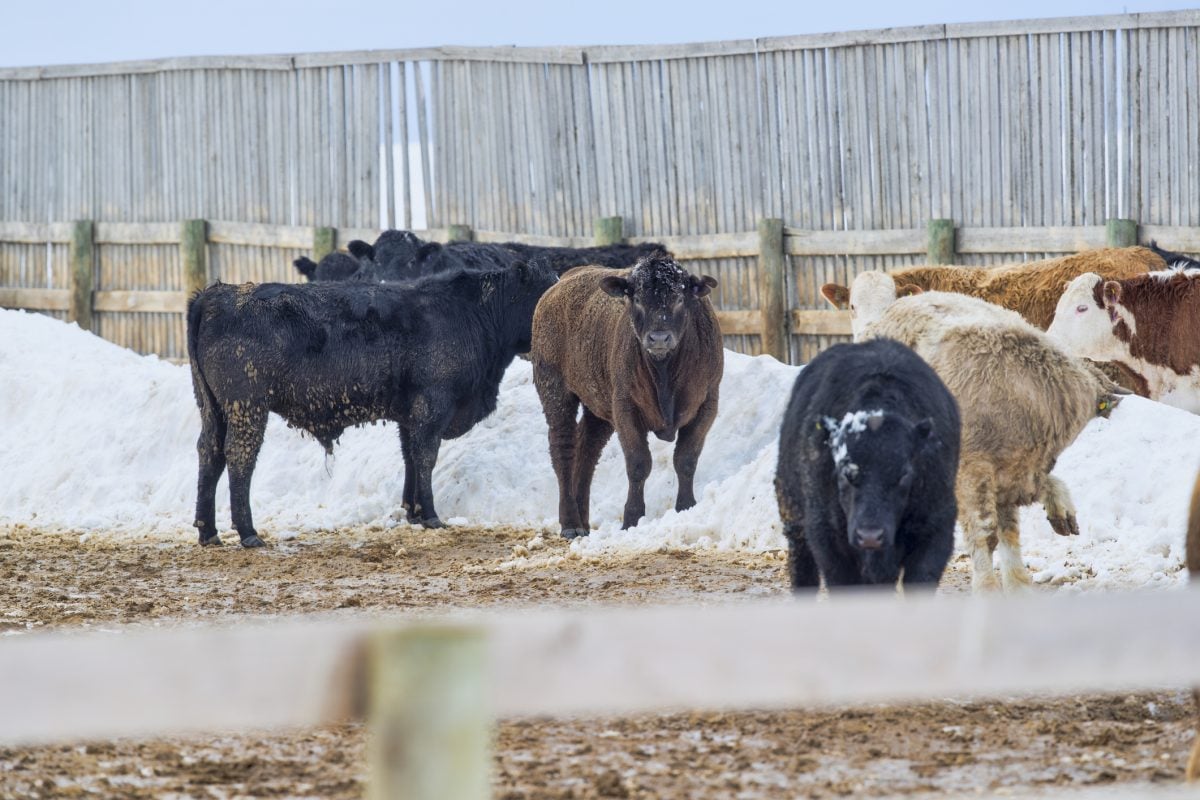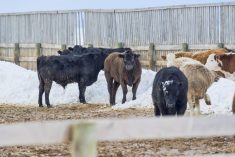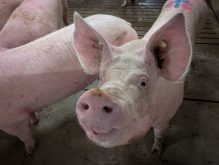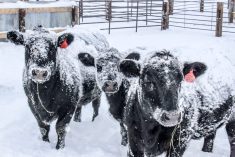A “deteriorating meat, milk, and egg production economy” weighed on second-quarter revenue for feed maker Ridley Inc.
The company, which keeps headquarters in Winnipeg and in Minnesota, on Friday posted net earnings of $700,000 on revenue of $163.6 million for the quarter ending Dec. 31, up from a net loss of $2.8 million on $167 million in the year-earlier period (all figures US$).
“The combination of sharply lower raw material prices and a generally deteriorating meat, milk, and egg production economy had a negative impact on both margins and demand in the second quarter,” Ridley CEO Steve VanRoekel said in the company’s release.
Read Also

U.S. livestock: Cattle retreat, hogs rise
Chicago cattle futures retreated on Tuesday as regions of the U.S. reopened following snowstorms. “Weather impacts on the cattle market…
“While we expect this uncertain environment to stabilize and improve over the long-term, and were satisfied with operating results under the circumstances, we decided to focus during the quarter on making adjustments to our expense structure which will positively impact earnings going forward.”
Ridley’s Q2 net income included $2.1 million of restructuring charges stemming from reduced operating expenses, and a $1.4 million asset impairment loss after closing a “non-strategic” feed plant in Selma, N.C.
“While it had a negative impact on our results for the quarter, the sharp reductions in commodity prices are welcome news to our customers, and enabled us to further reduce our own debt-to-equity levels to just 16 per cent at the end of the quarter,” VanRoekel said.
“In addition to focusing on the needs of our customers as always, our operating priorities going forward are to closely manage expenses, maximize cash flow, and further deleverage.”
Sales volumes in Ridley’s feed division dropped 14.3 per cent in Q2, the company noted. Sales volumes across all divisions were down 13.5 per cent.
“Softer demand for livestock feed, supplements and ingredients resulted from market uncertainty, lower farm gate prices to livestock producers, exceptionally high feed ingredient prices in 2008 and reduced cattle and swine herds,” the company said.
Looking ahead, Ridley noted it has also finalized its out-of-court settlement of four major class action suits filed by cattle producers relating to the arrival of BSE in the Canadian cattle herd. Those suits now continue against the federal government.
“While we continue to believe the claims are without merit, we are nonetheless relieved to have this nearly four-year-old matter now firmly behind us,” VanRoekel said.















